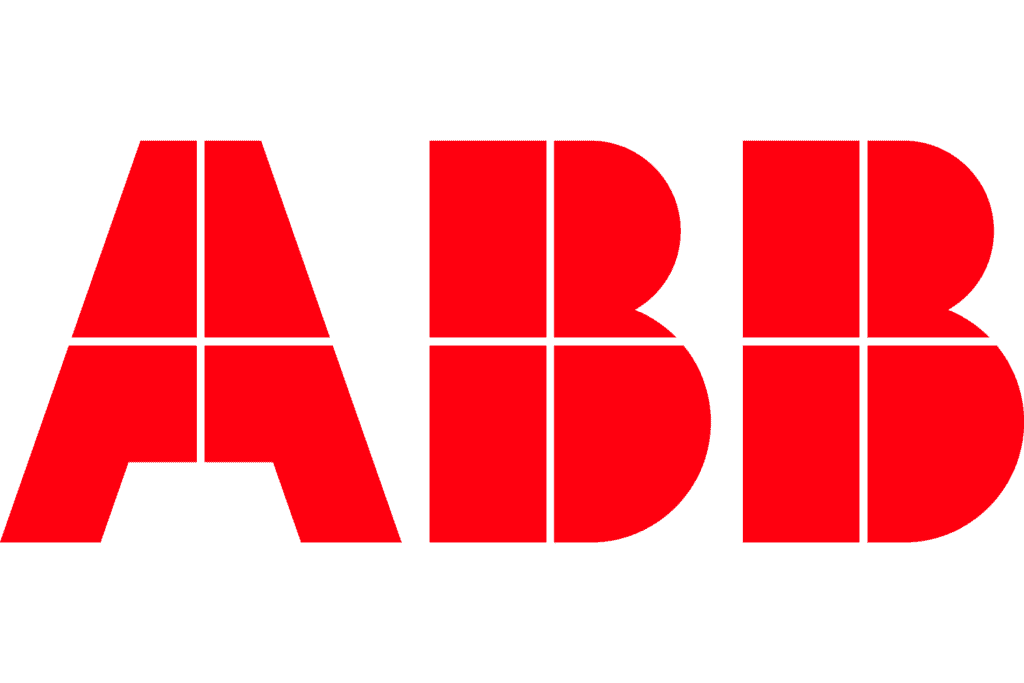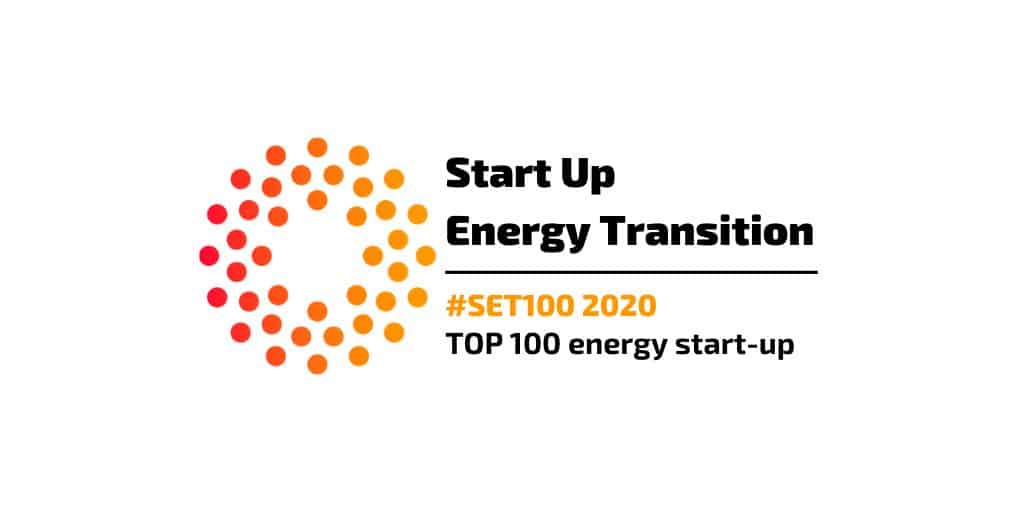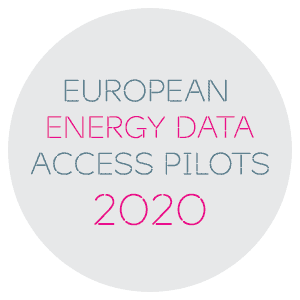re.alto energy – Technical Setup for Existing APIs
On the re.alto platform, individual Users can search for, and subscribe to a Provider’s API products. These subscriptions are monitored, tracked, and (if monetised) billed and settled individually by the re.alto platform.
- Each subscription made by a User is given a re.alto token key which the User can use when calling the re.alto endpoints for a particular product or service.
- The requests that are received on the re.alto endpoints are mapped and passed onto the Provider’s endpoints (provided the User has a valid subscription and token key).
- If a Provider’s endpoints also require authentication, then we propose that a re.alto key is created for these requests.
- Monitoring, reporting, and controlling API subscriptions at a User-level via the Provider portal.
- In cases where an API is monetised, re.alto invoices subscription and/or usage costs from the Users on a monthly basis which is subsequently credited and paid out to the Provider.
re.alto does not store nor uses any data or service itself. It might be that we temporarily store for a short term (couple of minutes) data on the platform for synchronisation issues.
In order to setup your API on our platform we require the following information (please complete for each product):
Category (tag): in order to make it easier for users to find the relevant APIs for their application(s), the re.alto platform classifies APIs in generic categories. These categories are for instance ‘TSO data’, ‘Wind forecast’, ‘Solar data’, ‘Market prices’,… In case you are not comfortable with the existing tag-possibilities on the platform, we can create a new one for your data/service area. Do note that we recommend to stick to generally used reference terms, as the tags are matched to the search term a user freely introduces in the platform. So the tag should not refer to your unique value proposition, but rather to the area of business applications it relates to ensure the best possible visibility for your product.
API vs product name: The API name is your own internal reference to the API you want to onboard on the platform. The product name is what the user will see at first when searching the platform. It can be your company name, or a generic description of what functionality is covered by the product. The product name is a level of detail below the API itself, to which you can apply specific pricing, T&Cs, consent management,…
API/Product description: we advise you to upload the most detailed version of your API to the re.alto platform. Our consent management module allows you to split the API afterwards into various products, each with their level of content, pricing, and legal terms and conditions. For each API and product generated, we need a an API name as well as a product name, and a short description for each. Note that for publicly listed APIs, this API description is what the user sees at a first glance to select the APIs of his choice. We therefore advice you to use a more commercial related API description, rather than a technical one. For the product description, the user will see this only after haven chosen your API, so a more detailed description would be advisable. Although there is no limit set to the amount of characters, we’d advice to restrict it to 250 characters.
Base URL: the basic URL to call the API in general, without any of the operations or parameterisation applied to it.
Public/private: the re.alto platform gives you the possibility to either publicly publish the product on the market place, or keep it hidden for other users. For each product that you create from your API, you can apply a different setting. This allows you to share certain information or services with privately trusted parties, while maintaining a complete overview of your API applications in the monitoring module.
Consent: Please specify whether a subscription to each of your products is open to the general public, or whether you would like to give prior consent to any new subscriber. In any case, re.alto provides you with a short description of each of your customers and the reason why they are interested in your product.
Terms and conditions: the re.alto platform provides a general legal framework to which all users subscribe. In case you require a specific license or just specific clauses between your customers and you bilaterally, we would like to ask you to upload these T&Cs in the platform. Any user will be asked to digitally accept your T&Cs prior to any consent authorisation we will send to you. To lower the entry barrier for your customers, we’d suggest to limit any specific T&Cs to what is specific to your product, and not covered by the general legal framework.
Specific technical limitations: the re.alto platform can manage a couple of technical limitations with regards to the usage of the API. For instance a maximum number of calls per minute, a maximum subscription count limit, and a time-out functionality. In case you have other specific technical limitations that we need to take into account, we advice you to contact your responsible sales person or our customer support desk.
Pricing: When configuring your product, the platform will suggest you the following pricing options by default:
If you require a different pricing option, please contact us to setup your requirement.
Note that you will also have to specify the currency in which you want to work with re.
Parameters/operations: a clear and comprehensive description of the various parameters or operations the customer can use to customise the response of your API to his needs. For instance, the start and end of the required period of the data, or the locational parameters of the forecast. Specify as well whether the parameter is required or optional.
Output: specify the response format of the API/product: json, xml, zip, csv,… a short description of what the output looks like can facilitate the user setup. An example of the response can be advisable as well.











